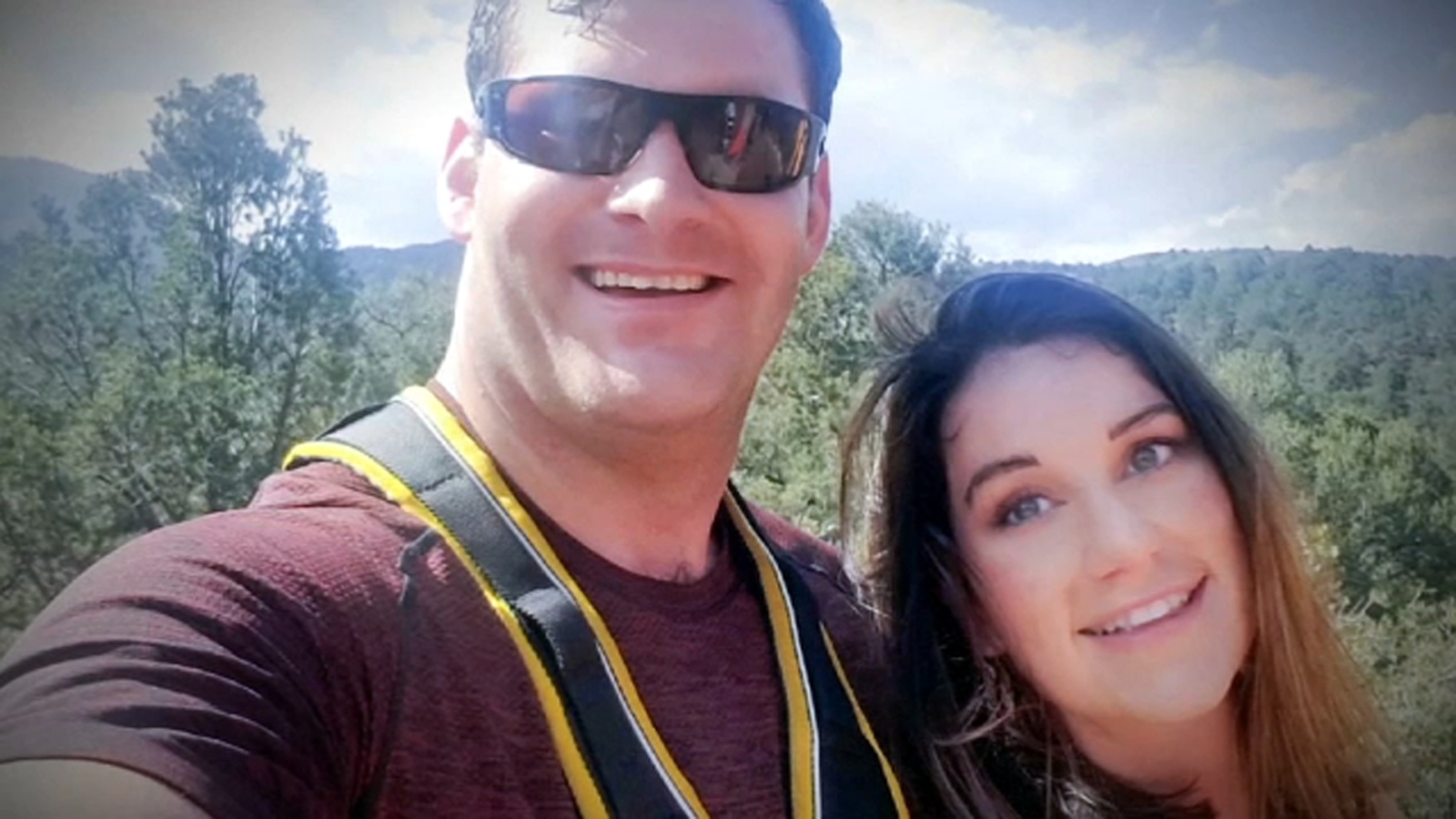
The suicide of highly decorated Green Beret Matthew Livelsberger, 37, on New Year’s Day in a Cybertruck explosion, has raised concerns about the long-term effects of military service and the challenges faced by veterans in accessing mental health care. Livelsberger, a five-time recipient of the Bronze Star, including one with a V device for valor, had a distinguished military career but privately battled the mental and physical toll of his service, including witnessing the deaths of comrades and taking lives in combat.
A former girlfriend, Alicia Arritt, a former Army nurse who served at Landstuhl Regional Medical Center in Germany, noted that Livelsberger exhibited symptoms consistent with traumatic brain injury (TBI), a common consequence of combat exposure. Arritt, who treated numerous TBIs during her time in Germany, observed Livelsberger’s struggles with exhaustion, pain, sleeplessness, and the reliving of violent experiences from his deployments, particularly to Helmand Province in Afghanistan. He even shared a graphic tattoo depicting two skulls pierced by bullets, symbolizing lives lost and taken during his service. In text messages, he alluded to “concussions” sustained during his deployments and described his life as “a personal hell.” Furthermore, excerpts from his final messages revealed an intentional act, intended both as a “wakeup call” and a way to “cleanse the demons” he wrestled with.
Despite his struggles, Livelsberger also showed a kind and deeply caring nature, according to Arritt. She recalled his inner strength and integrity, noting his reluctance to seek help due to the stigma surrounding mental health within his Special Forces unit. The fear of being deemed medically unfit and losing deployment opportunities played a significant role in his decision not to seek treatment despite Arritt’s encouragement.
Livelsberger had recently sought treatment for depression through the Army, according to an unnamed U.S. official. The Pentagon has since released his medical records to local law enforcement, and Pentagon deputy press secretary Sabrina Singh urged military personnel facing mental health challenges to utilize the available support networks. While Livelsberger’s death in front of the Trump Hotel in Las Vegas initially sparked speculation of politically motivated violence, officials confirmed no ill will toward President-elect Trump; Arritt also stated that both she and Livelsberger were Tesla enthusiasts. The choice of vehicle and location, however, are viewed by Arritt as symbolic actions, reflecting a deliberate, rather than impulsive, act.
Livelsberger’s tragic death underscores the urgent need for improved mental health support for veterans and active military personnel, addressing the stigma surrounding mental health issues and ensuring accessible, effective care for those who have served their country. The 988 Suicide & Crisis Lifeline (call or text 988) provides confidential support for individuals experiencing mental health crises.
